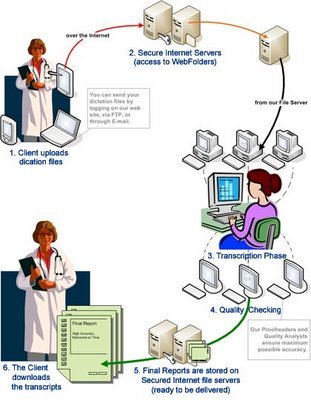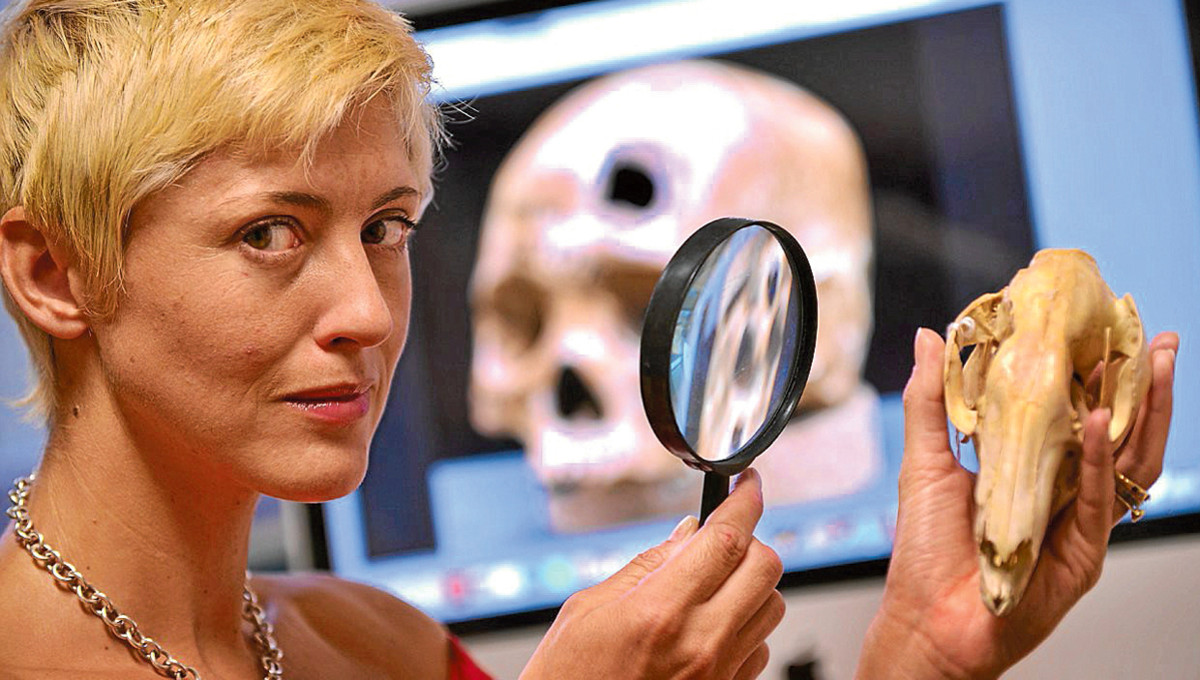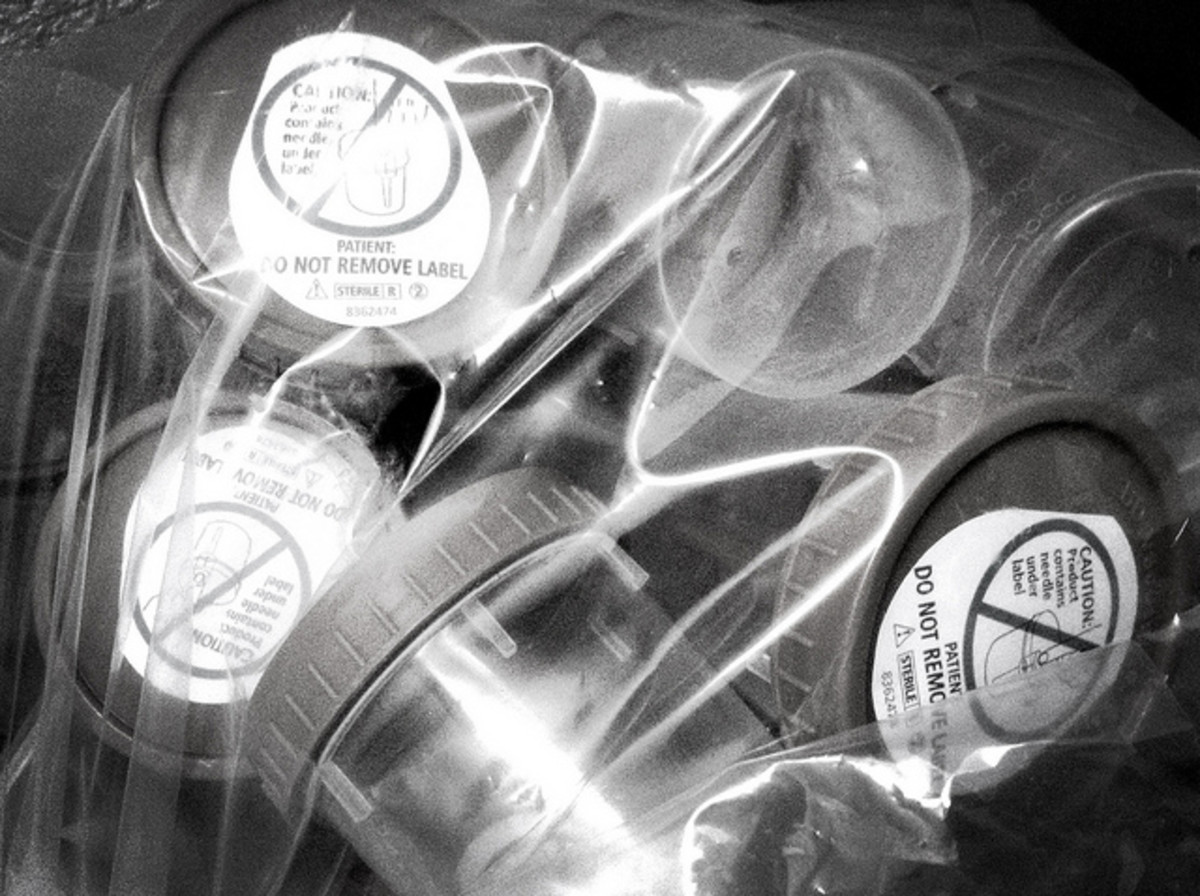New Career Choices

Looking for a job? Looking for a new career? There is a saying, when one door closes another opens, so if you find yourself unemployed suddenly, or if you long for a more interesting or exotic new career, there are some surprising options open. New career choices are being made every day, by choice or compulsion.
For the abruptly unemployed: DON'T FEEL BAD! There are many people in this situation through no fault of their own. We are all experiencing some degree of economic change. Many of us don't trust our current jobs to last us to retirement anymore; many of us also find our work environment is worsening daily due economic pressures. It could be the golden lining behind the cloud, bringing you to a new career choice that makes you happier and more successful than you've ever even been before.
Here are some examples of new career choices, suitable for a variety of people and situations. So, if you are looking for a new career, here are some options I've researched that you may be interested in.
Deep Sea Diver

One of the few growing areas of employment is for commercial divers and deep sea divers. Divers are needed for underwater construction jobs, repairs to bridges over water, repairs to deep sea oil wells, search-and-rescue missions for downed aircraft or sunken boats, underwater salvage operations...the list goes on an on. There are fewer qualified divers than there are positions open, so if you make the grade, you're practically guaranteed a job.
What do you need to do?
First of all, you need to be in top physical condition. Commercial divers have physically hard and dangerous work to do. Most often, a commercial diver begins his training at a young age--most commercial diving students are between the ages of 19 and 30 years old.
The steps are:
- Get some vocational training. You need to handle construction equipment and tools underwater, so it helps to be familiar with them.
- Go to a commercial diving school. There are six accredited commercial diving schools in the United States. (Follow the links, below.) You have to be a high school graduate to enter: training lasts from 4 to 10 months, and costs about $8,000.00
-OR-
JOIN THE NAVY!
How much can you expect to make after getting certified as a commercial diver? Don't be disappointed to find out that the entry level positions don't pay that well. You earn between $18,000 and $30,000 per year, initially. But it builds--a Master Diver can earn between $60,000 and $80,000 per year, which is not bad for an initial investment of $8,000.
This career isn't for everyone. You have to be pretty tough, and you have to love the water. A young man in great physical condition who simply isn't very academically inclined, or who doesn't have the financing to fund 5 or 6 years of higher education, and who loves the water, might very well be interested in this career.
I knew a man who was in his late twenties. He had worked for about 7 or 8 years in a job he got right out of high school in an auto parts store. He upped and changed his life--he went to the Texas diving school, and found much more satisfaction and fulfillment, and much better pay, in his new career as a commercial diver. He was thirsty for adventure and tired of the blah-blah-blah dailiness of his regular job.
Commercial Diving Schools
- Commercial diving school offering underwater diver certifications in ndt, and nde training.
The Ocean Corporation Diving School based in Houston, Texas. We train entry-level diver skills to divers who want to become Non-Destructive Testing Industrial Inspectors for the Pipeline, Power Generation, Aero Space and Nuclear Power Industries, als - Commercial Diving is Booming
- Commercial Diving Schools Program - Commercial Diving Academy
Commercial Diving Academy is a leading dive school providing top notch training for commercial diving in such careers as underwater welding & construction, dive medic, & more.
Beekeeping

If you're looking for work at home, and are fed up with all the online scams for work at home jobs, you might want to consider...
Beekeeping!
I was really intrigued to find out how lucrative beekeeping can be, and how little it costs to start up. It's a different way to earn money at home, with honey!
Although you can raise bees practically anywhere, it helps to own your own property. Even though bees will travel over ten miles to the plants, and rooftop apiaries are possible in the city, it really helps to have more control over the apiary environment.
Here is what you should have to start with:
- A fenced-in back yard is the optimum conditions, with a still water source
- Beginner bee kit, with hive, smoker, bee veil & etc. Cost: about $150.00
- A package of bees. Cost: about $75.00 for three pounds of bees and a queen.
- You need to attend a 6 to 8 week course in beekeeping. Cost: about $75.00
That's it! Your initial outlay is about $300, all told, and your prospective income from the starter hive alone is about 45 cents per bee per year, or about $9,000.
It's something to think about for avid gardeners looking for some supplemental income from home, or for those of us who are either voluntarily or involuntarily self-employed.
The up side, of course, is that it's a very green way to make extra money, or even a full income, should you find yourself a natural at it. It's a very peaceful, natural, low-stress occupation, and the product is so sweet and healthy that you know you are doing well on more than one level. The skills needed to keep bees are fairly easy to master.
The down side is, of course, one of these days, you will get stung. If you're allergic to bee stings, this is definitely NOT the career for you!
Exotic Dancer

One of the most attractive things about exotic dancing as an occupation is the money. Exotic dancers get between $50 and $300 per hour! (I've never $300 per hour in my life! Have you?)
The convention is that you have to be a beautiful young girl, and very loose in your morals, in order to make a go of exotic dancing.
None of those things are particularly true, as it turns out.
First of all: the way you look is partly the way you dress, partly the way you are groomed to look, and partly the way you carry yourself. Just about woman can be beautiful and attractive, if she takes the time and develops the beauty tricks to make her so.
Second: most exotic dancers are NOT prostitutes, and though they may make a living titillating the sexual appetites of men, that is usually just as far as they go. If they are prostituting themselves out the back door of the strip club, they will soon lose their jobs, as well as risking disease, unwanted pregnancy, and rough sex.
Third: Exotic MALE dancers are in even more demand than exotic FEMALE dancers! Yet another great reason to buff out, guys!
Here's what you need to do, if you are interested in exotic dancing as a career:
- Get your best physical shape possible. Lose any extra weight. Believe me, every pound shows, and if you're motivated enough by the potential earnings, you can do it.
- Get into GROOMING! You have to be exquisitely groomed--all the unwanted hair waxed, your skin made flawless by body and face make-up, your hair at it's very best. All these beauty tips, tricks and secrets to either eliminate your flaws or hide them are available either online or in print. USE THEM!
- Learn some dance moves. There are some videos out there that can teach you the moves to exotic dancing in the privacy of your own home.
- Get some 4-inch heels, a G-string, non-slip pads for your high-heeled shoes, some anal bleach, and a couple of exotic costumes.
- Take a course in self-defense.
- Audition at your local strip clubs.
That's it! Go to it and good luck. Remember to keep your head up. You are a DANCER, an ENTERTAINER, and NOT a whore! Respect the other dancers you work with; develop your own style after learning from the others there; establish good comraderie with your customers, your boss and your co-workers, and you can't go wrong!
Medical Transciptionist

Medical Transcriptionist
If you're looking for a new career, and have access to the Internet, chances are you're seen online advertisements for training for a new career as a Medical Transcriptionist, or MT for short.
It isn't a scam. Not really. Medical transcriptionists are much in demand, and the demand is expected to grow, due to the aging population of baby boomers. The first baby-boomer received Social Security in June of 2009; she was born at midnight on January 1, 1946.
A medical transcriptionist takes the dictation of doctors and transcribes it into a written report. Most of this work is done in hospitals or doctor's offices; however, there are also many opportunities to work from home in this field.
The types of documents generated are things like:
- medical histories
- physical examination reports
- operative and post-operative reports
- autopsy reports
- diagnostic imaging/ultrasound/MRI reports
- progress notes
and etc.
What an MT needs to know:
- medical terminology
- some anatomy and physiology
- pharmacology
- the names of various diagnostic and medical procedures
and etc. In other words, a whole new vocabulary of very big words!
The training entails a one- or two-year course to become fully trained and certified. The costs involved range from around $20,000, all told, to about $32,000.
It's very expensive training, considering that entry level employment pays about $15.00 per hour. More experienced MT's with some further certifications may receive up to about $20.00 per hour.
Still, it takes an awful lot of hours of paid work to make up for the initial training.
The up side, of course, is that future employment is practically garunteed for the foreseeable future. It is very unlikely that voice-recognition software may make your career as an MT obsolete in the next 15 or 20 years.
The downside is the cost of the training, and the length of time it takes; also the low starting pay. If you need a new job, NOW, and don't have much money in the bank, then chances are this career is not for you.
So, looking over the new career choices here, you may find one that's attractive to you. I wish you the best of luck in your new career, and hope this has helped to start you thinking about the possible new career choices.
Some last tips to keep in mind:
- A lot depends on your situation. You might not have the time or resources for extensive training in a new career, in which case, actually, your best bet may be to look in your local paper and keep your eyes peeled for "Help Wanted" posters. If you are out of a job and desperate to pay the rent, looking on line for work may be less productive for you than looking locally. Most of the real opportunities you'll see online may involve some investment in money and time for training, and further time to develop your skills and place you in your new career.
- Be really careful of online work-at-home scams. If it sounds too good to be true, chances are, it iS!
- These are just a few options for new career choices. Get thinking about the resources or attributes you already have, and what you might be able to do to profit by them.
- Don't be afraid to think of yourself in a radically different career than the one you've been in. Don't be afraid of change. New career choices are available to you; you just have to think what's appropriate for you, what you're interested in doing, and how to make that work to earn a living.








